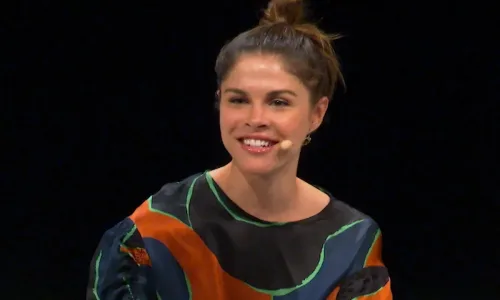See all Y Combinator transcripts on Youtube

Emily Weiss on the Insights That Grew Glossier - With Amy Buechler at the Female Founders Conference
27 minutes 6 seconds
🇬🇧 English
Summaries Topics Transcript Chapters Titles Socials Twitter Blog Post Newsletter Quotes Quizzes Ask ChatGPT

Omnivision Solutions Ltd
- Getting Started
- Create Transcript
- Pricing
- FAQs
- Recent Transcriptions
- Roadmap